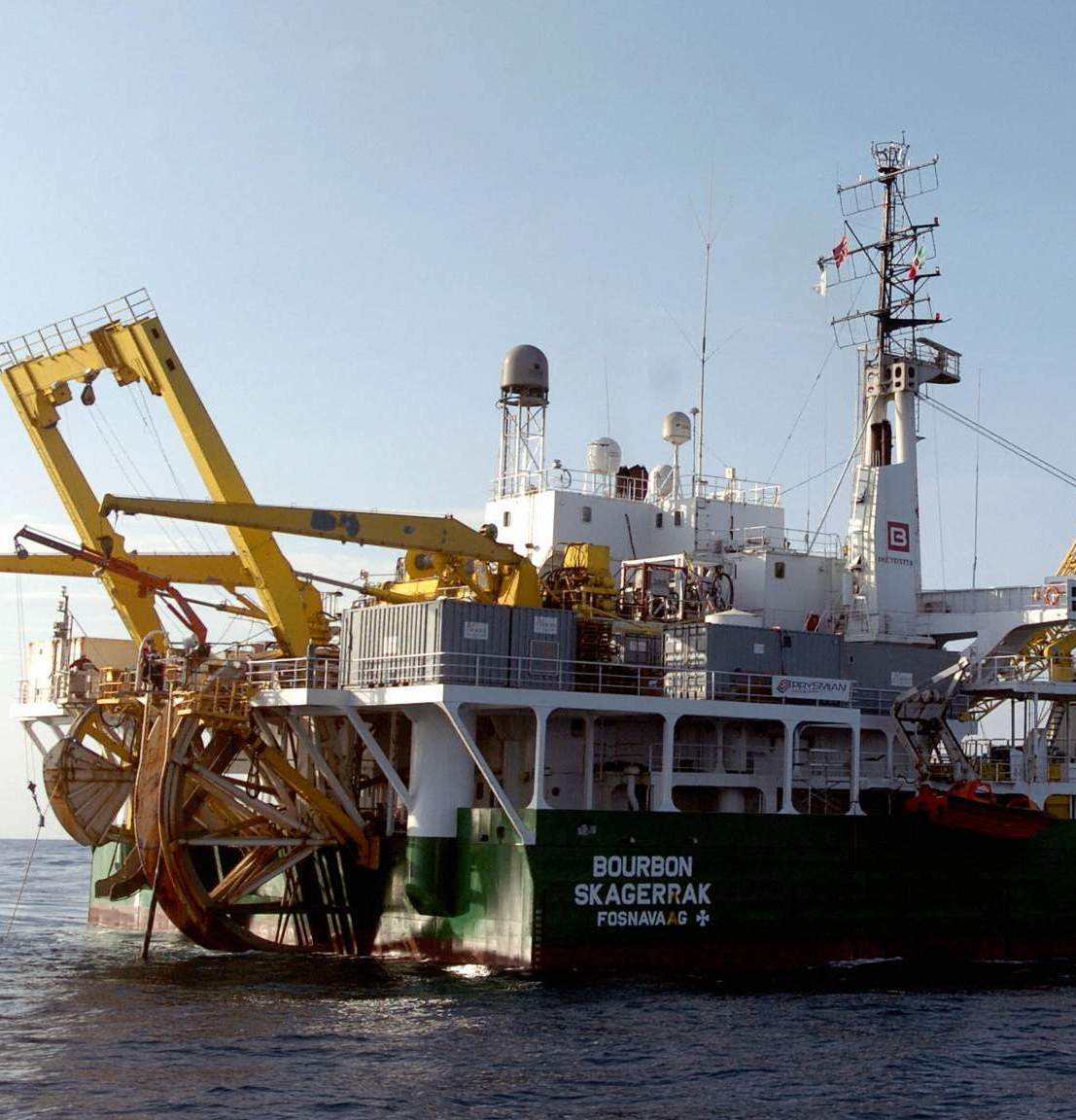Brazil to escape U.S. ‘snooping’ with its own 5,600km Internet cable
Brazil is beating the National Security Agency’s (NSA) web snoops by building its own 5,600km internet cable under the Atlantic. Internet communications are relayed around the world using undersea cables - but revelations by NSA whistleblower Edward Snowden last year showed that the infrastructure is open to state monitoring. The majority of undersea cables stretch from the U.S. east coast to Europe, and Brazil’s data currently travels across the Atlantic via the U.S. But the $185m direct link to ally Portugal will mean that data will bypass the U.S. and its snooping powers altogether. Government agencies have already switched email clients from Microsoft Outlook to the state-developed Expresso system to avoid espionage.
As many other Latin Americans, I fought against authoritarianism and censorship and I cannot but defend, in an uncompromising fashion, the right to privacy of individuals and the sovereignty of my country.
Brazilian President Dilma Rousseff
State departments have also been told to use domestic technology companies instead of U.S. firms to ensure backdoor access to computer systems cannot be installed illicitly. The switch by the world’s seventh-largest economy to domestic technology firms over U.S. companies is expected to cost the U.S. economy around $35bn, according to analysts. Work on the cable is due begin in the first half of 2015. Mr Snowden’s revelations last year showed that Brazilian president Dilma Rousseff was among those spied on by the NSA. The whisteleblower is now living in Russia to avoid a U.S. arrest warrant.

Technology brazil internet